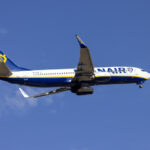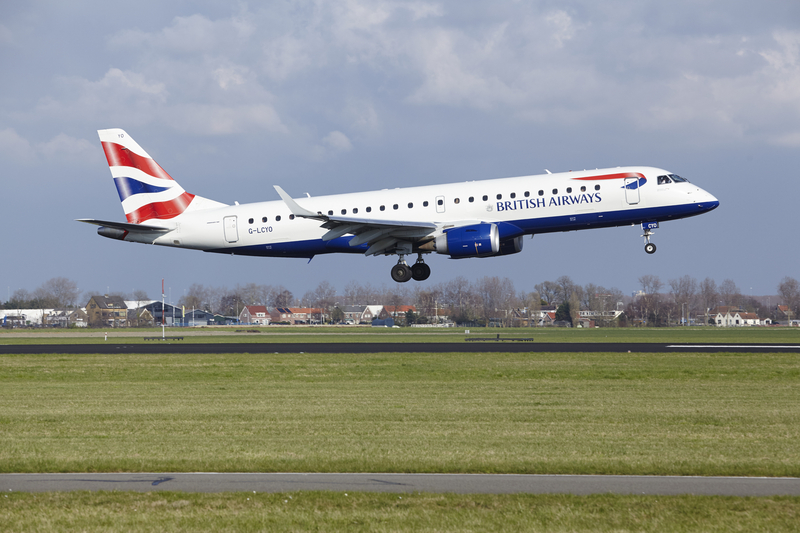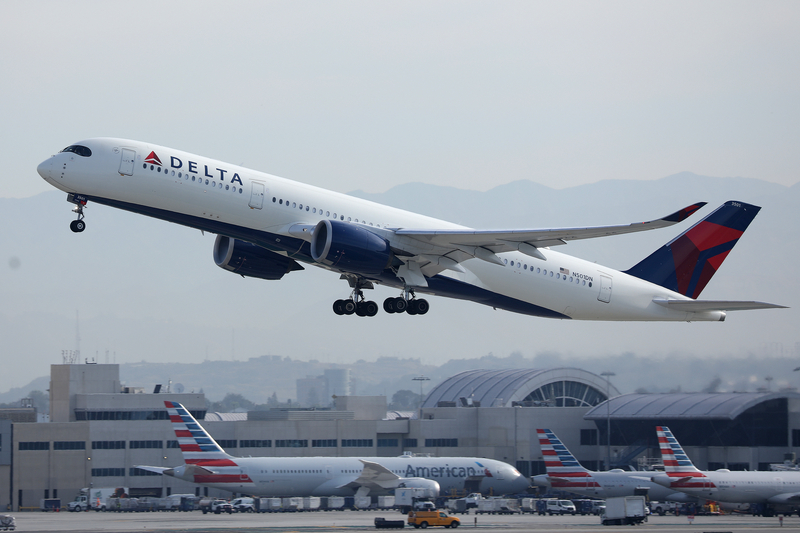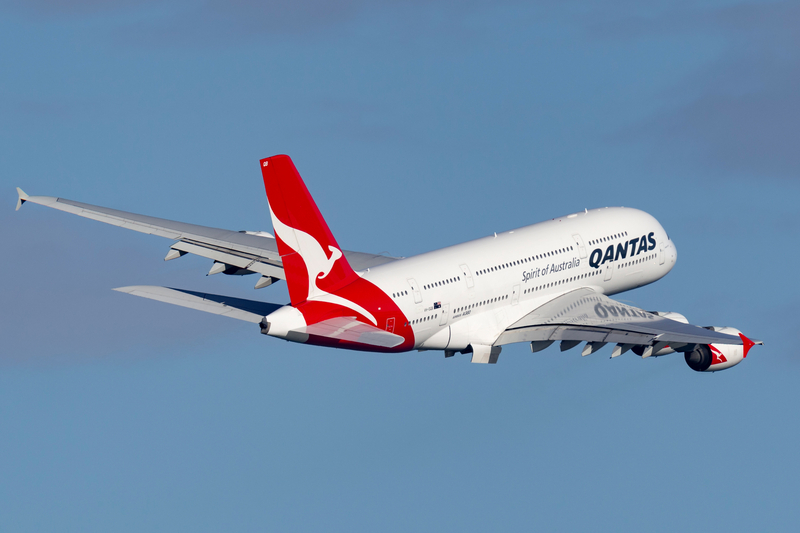FlyDubai and Etihad Airways Continue Flights to Israel Amid Regional Tensions
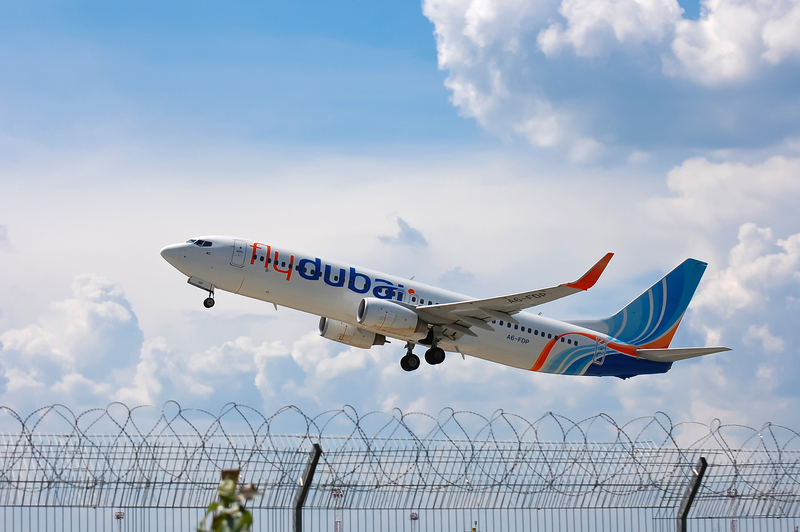
ID 39955816 © Anton Volynets | Dreamstime.com
Amid ongoing regional conflicts that have prompted many international airlines to suspend operations to Israel, UAE-based carriers FlyDubai and Etihad Airways are maintaining their flights to the country. This decision reflects a blend of financial strategy and diplomatic commitment underpinned by the Abraham Accords, the historic normalization agreement between Israel and the United Arab Emirates signed in 2020.
Continued Operations Amid Global Suspensions
While numerous international airlines, including American Airlines and British Airways, have temporarily ceased flights to Israel due to escalating tensions, FlyDubai and Etihad have chosen to sustain their operations. These flights are critical for ensuring connectivity between the UAE and Israel, particularly for business and diplomatic travel. By maintaining services, the two carriers are providing essential links that reinforce the UAE’s commitment to fostering bilateral relations with Israel.
Dubai, however, has reportedly minimized public visibility around these flights, reflecting a cautious approach to managing perceptions amid the sensitive geopolitical climate.
The Abraham Accords: A Catalyst for Connectivity
The continuation of flights underscores the enduring significance of the Abraham Accords in promoting economic and cultural ties between the two nations. Since the signing of the accords, FlyDubai and Etihad Airways have actively expanded routes to Israel, offering services to destinations like Tel Aviv’s Ben Gurion Airport (TLV). These flights have facilitated a surge in business travel, tourism, and cultural exchanges, strengthening the partnership between the UAE and Israel.
FlyDubai, for example, was the first UAE airline to operate direct flights to Tel Aviv, launching services shortly after the accords were signed. Etihad Airways followed suit, highlighting the UAE’s broader strategy of leveraging aviation to enhance regional connectivity.
Balancing Risks and Commitments
Maintaining flights to Israel during heightened tensions is not without risks. Both FlyDubai and Etihad have implemented rigorous security measures to safeguard passengers and crew, including coordination with Israeli authorities and real-time monitoring of geopolitical developments. The decision to continue operations also highlights the airlines’ calculated approach to balancing safety with the economic and diplomatic importance of these routes.
Economic and Diplomatic Implications
The sustained operations by FlyDubai and Etihad Airways have broader implications for the aviation and diplomatic sectors. On the economic front, these flights support trade and investment between the UAE and Israel, which have seen substantial growth since the normalization of relations. The aviation industry plays a pivotal role in facilitating these exchanges, contributing to the broader economic partnership between the two nations.
Diplomatically, the continued flights signal the UAE’s unwavering commitment to maintaining its ties with Israel despite the challenging regional environment. This move distinguishes the UAE from other nations that have taken a more cautious approach, positioning the Emirates as a reliable partner in the region.
Passenger Perspective
For passengers traveling between the UAE and Israel, the availability of direct flights by FlyDubai and Etihad provides a vital lifeline, particularly during times of uncertainty. These services ensure that business travelers, diplomats, and those visiting family can maintain essential connections despite disruptions to other carriers’ schedules.
Future Outlook
As regional tensions evolve, FlyDubai and Etihad’s approach will likely remain under scrutiny. Both airlines are expected to continue assessing the situation closely, adapting their strategies to ensure safety while upholding their commitments. The resilience demonstrated by these carriers reinforces the critical role of aviation in sustaining connectivity and fostering international relations during complex times.

